- 158 Posts
- 617 Comments

 1·10 months ago
1·10 months ago“The first duty of a revolutionary is to be educated” - Che Guevara
Depending on what you want to do, some alternative options might be available to you. For example, if you have the drive, aptitude and desire to learn medicine and you are a citizen of the United States then you are likely eligible to enrol for a subsidised medical education in Cuba. These Cuban medical degrees are internationally recognised, including in the United States itself.
Another alternative is to game the U.S. military like Christopher Helali did. The guy might be a bastard, but he was able to attain a military officer’s education and free access to college as well as full military benefits while simultaneously dodging participation in the war in Iraq and siphoning resources from the U.S. war machine. There are clearly tangible benefits to doing this, not least of all being free access to US higher education. Even in the event of people becoming career military men, its still a net positive for the movement in America to have class conscious junior officers embedded in the U.S. armed forces (any truly class conscious officer would likely never attain a senior rank without compromising their politics). Such a development is an essential condition for the success of socialism during a revolutionary situation, historically speaking. The Chinese communists famously sent cadre to infiltrate the armed forces of the various competing warlords and the Nationalists during their revolutionary period and carry out party work amongst them, for example - Xi Jinping’s father Xi Zhungxun carried out such work.

 3·2 years ago
3·2 years agoFirstly, how the hell can a people - a whole ass people - consent to being imperialised by an outside power? What possible process is there for such a state of being to occur? This doesn’t even work as an abstract argument.
This argument that higher wages = higher prices was discredited at length by Karl Marx in his pamphlet Value, Price and Profit

 8·2 years ago
8·2 years agoI’ve met a lot of people by getting active in my party. The more I take on, the more I meet.
 3·2 years ago
3·2 years agoA bloodbath on the same scale as the Russian red Sunday would dramatically radicalise the public, especially if it took place in London. It would instantly become Britain’s 1905 moment.
 13·2 years ago
13·2 years agoThis was my thought too. 70,000 personnel ain’t shit when you consider London alone is a city of 9 million people. If just 1 out of 9 people got on the streets in London then the entire armed forces would be outnumbered by a factor of more than 10:1.
Step 1: Get off the internet
 3·2 years ago
3·2 years agoNever had any contact with them from the inside, though I do know a former member. I asked him what his plans for the future were, and it seems he’s devoted to creating another new party all over again…
 15·2 years ago
15·2 years agoI’ve been following the decline of the British military for at least a few years now, but somehow it skipped me that we’re down to just 70,000 personnel now. Britain looks increasingly brittle as an imperialist force.

 3·2 years ago
3·2 years agoFrom what I can tell a likely scenario is:-
- ICJ correctly rules on genocide, provisional measures are supposed to then come into effect
- Israel flouts the rules, withdraws from ICJ
- Issue is forwarded to the UN security council
- America uses its veto against any security council measure against Israel.

 10·2 years ago
10·2 years agoIf thats the mark then wear it with pride

 1·2 years ago
1·2 years agoWhose argument is that?

 7·2 years ago
7·2 years agoThey are more akin to petite bourgeoisie
And yet so long as they aren’t petty proprietors themselves their relationship to production is proletarian, just as it would be if they were a doctor or an engineer.
If it just disappeared in a puff of smoke? I’d be inconsolable as I’ve lived here my entire life. Everyone that’s important to me, from my friends, to my partner, to my family, all live here. My dad’s ashes have been scattered here. If England disappeared tomorrow, myself and my loved ones would immediately lose our homes and our history and immediately become stateless refugees, along with the 55.9 million other people that live here.
If you mean in the sense of some kind of Balkanisation, I’d still be extremely upset. At no point in modern history has a country ever benefited from being Balkanised; from Yugoslavia, to the collapse of the USSR, to the partition of India and the colonial carve up of China, none of these countries have materially benefitted from being divided up in this way. The people living in all of the examples cited experienced incredible suffering and instability as a direct result of Balkanisation. In England’s (and more widely, the UK’s) case, it would almost certainly be preyed upon by the US and the EU. Its hard enough for the British establishment to compete on a level playing field with the other imperialist powers as it is with Great Britain unified, let alone if it was split apart into several smaller and poorer independent states.
Does this mean England should exist as it does today? I don’t think so, personally. I believe the UK’s best future (beyond the scope of a socialist revolution, of course) is in forming a federative republic, within which England would need to be legislatively split into smaller administrative units so that it doesn’t perpetuate the existing relationship between England and the rest of the UK. A federal division of the UK should be weighted primarily by population, with the aim being to ensure that each administrative unit is a similar size to Wales or Scotland, meaning a range of 3-5 million people. This means some regions of England, such as Yorkshire, the South West or the East Midlands, would translate well into such a federative system. Others would need to be redesignated, such as the North West or the South East.
Frankly, people should have just been savagely, viciously mocking these crazies from the moment their nonsense started to pick up an audience. As someone who studied biochem at the masters level, the things these people say are so far removed from any of the accepted science and so far down the rabbit hole of looney, sensationalist Hollywood nonsense that it genuinely puzzles me that more people didn’t simply bully these people for having such a tenuous grasp of reality. If I made claims half as outlandish as these people, I’d have been rightly made fun of and become a public laughing stock.
It’s not even right to call this evopsych at this point, its just quackery.

I still maintain that enormous bungs to the military industrial complex like the F-35 programme would be immediately scrapped after the initial phase of conflict if there was ever a conventional war between the US and a peer adversary. Even if they’re reasonably effective, attrition would make it functionally impossible to keep up with the enemy after a few years, due to the sheer man hours involved in getting these things built and serviced, not to mention the enormous amount of training that has to go into their crews. Given a protracted conflict, the US army would be forced to revert to relatively more simple designs that can be much more rapidly produced and deployed. Of course, it probably wouldn’t ever get to this point in practice as the escalating scope of the conflict would drastically increase the likelihood of a nuclear exchange.

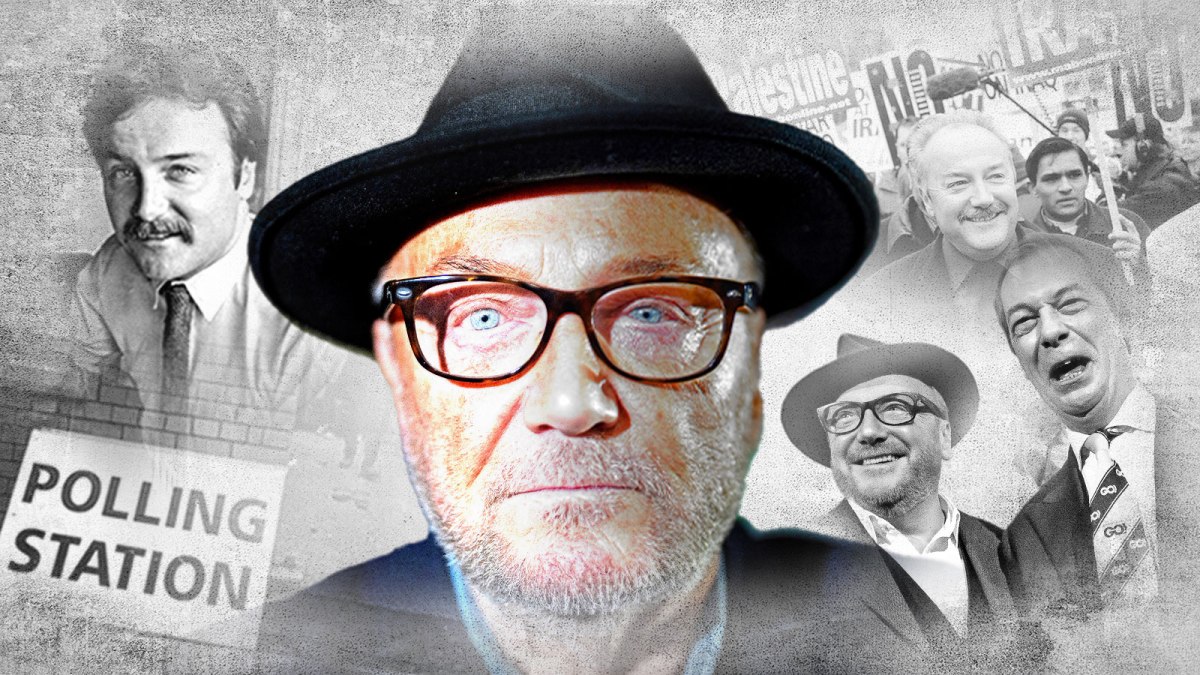

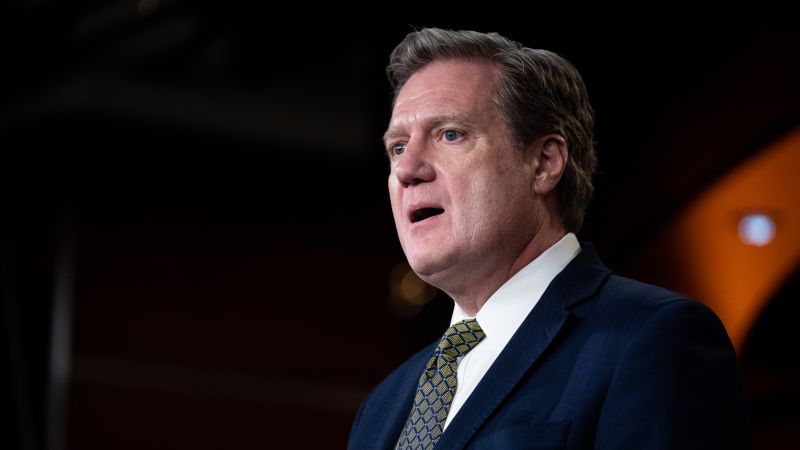
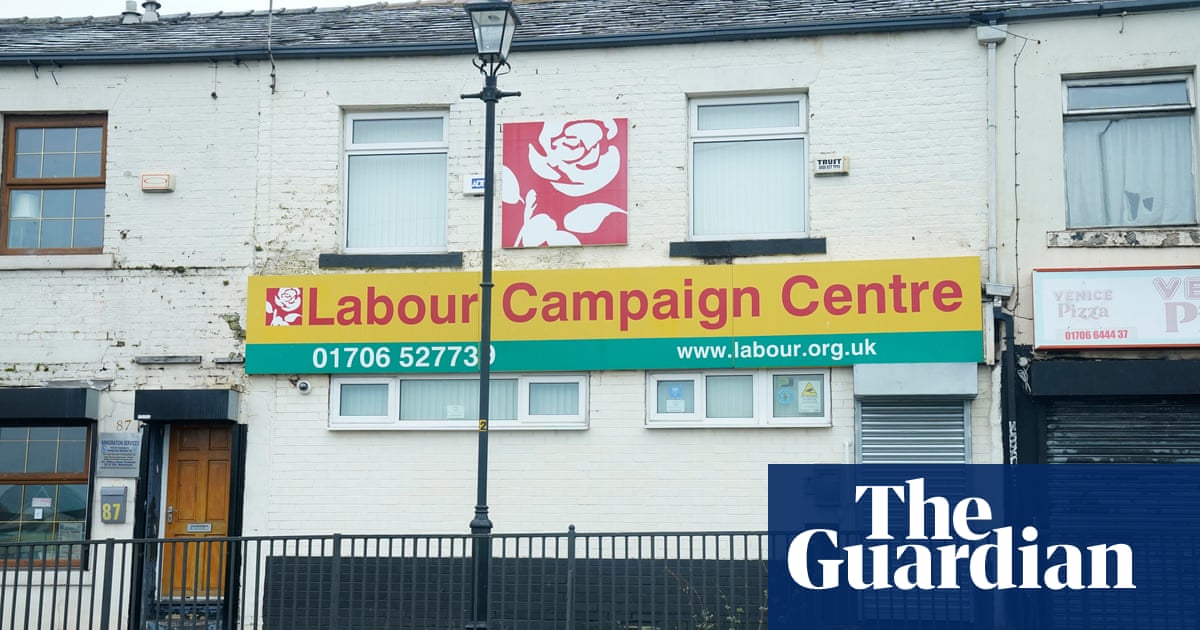


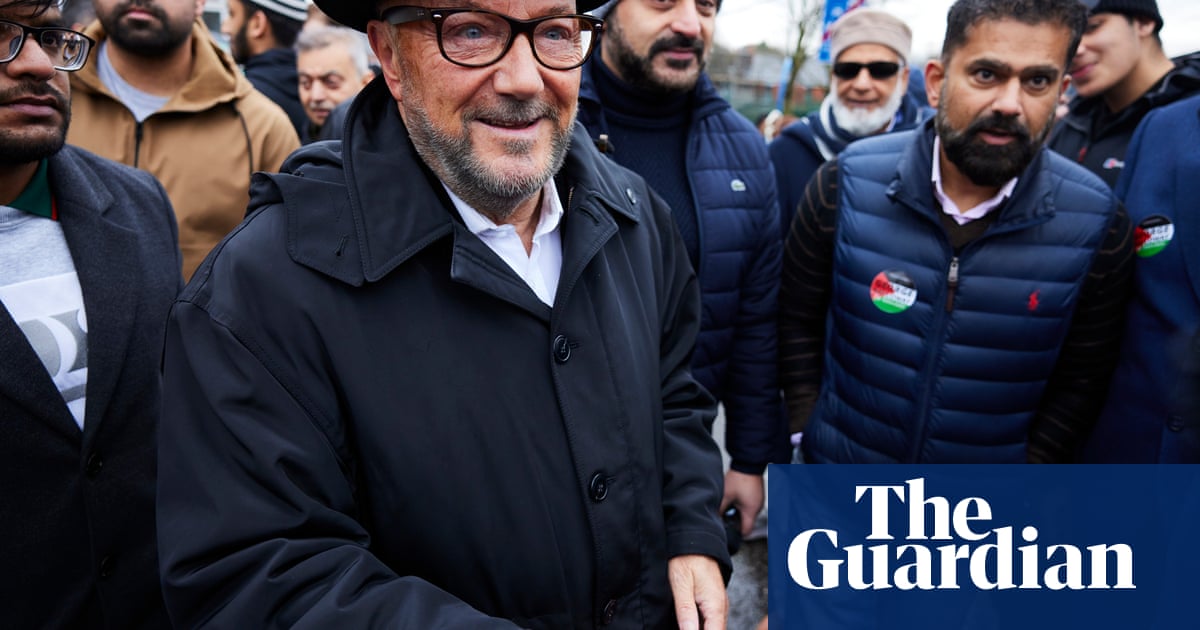
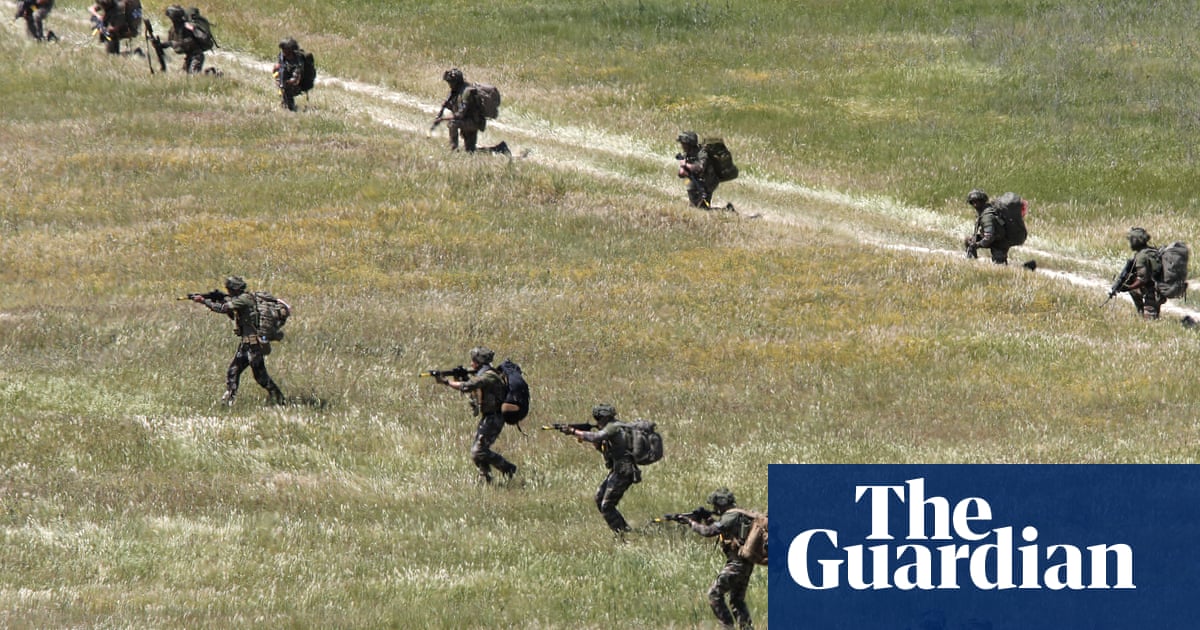
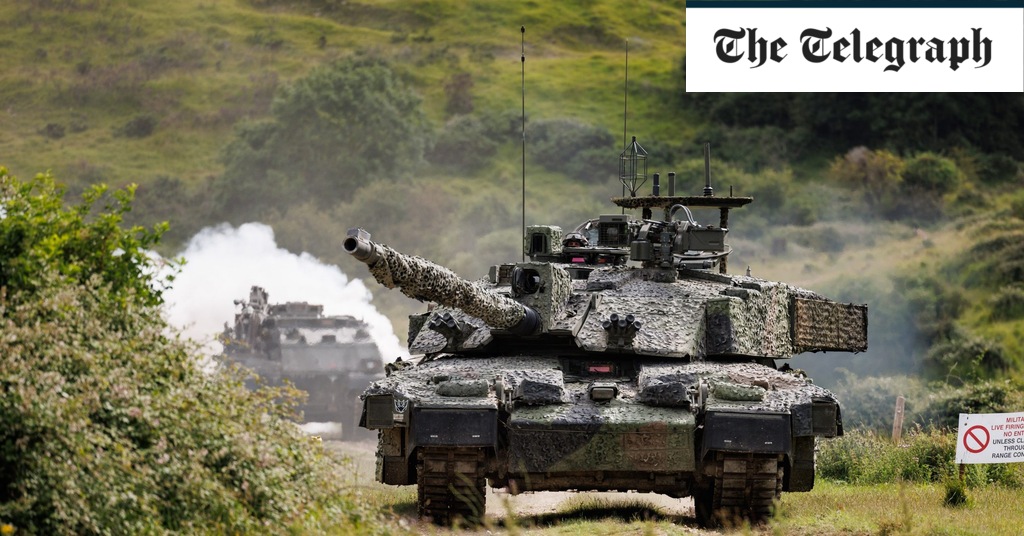





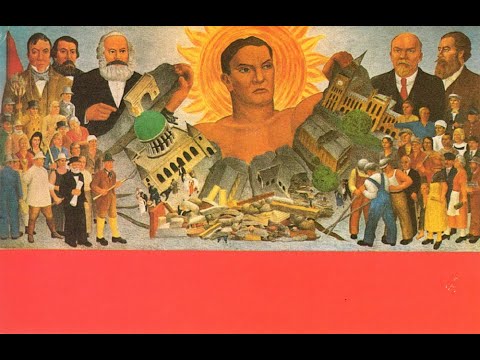

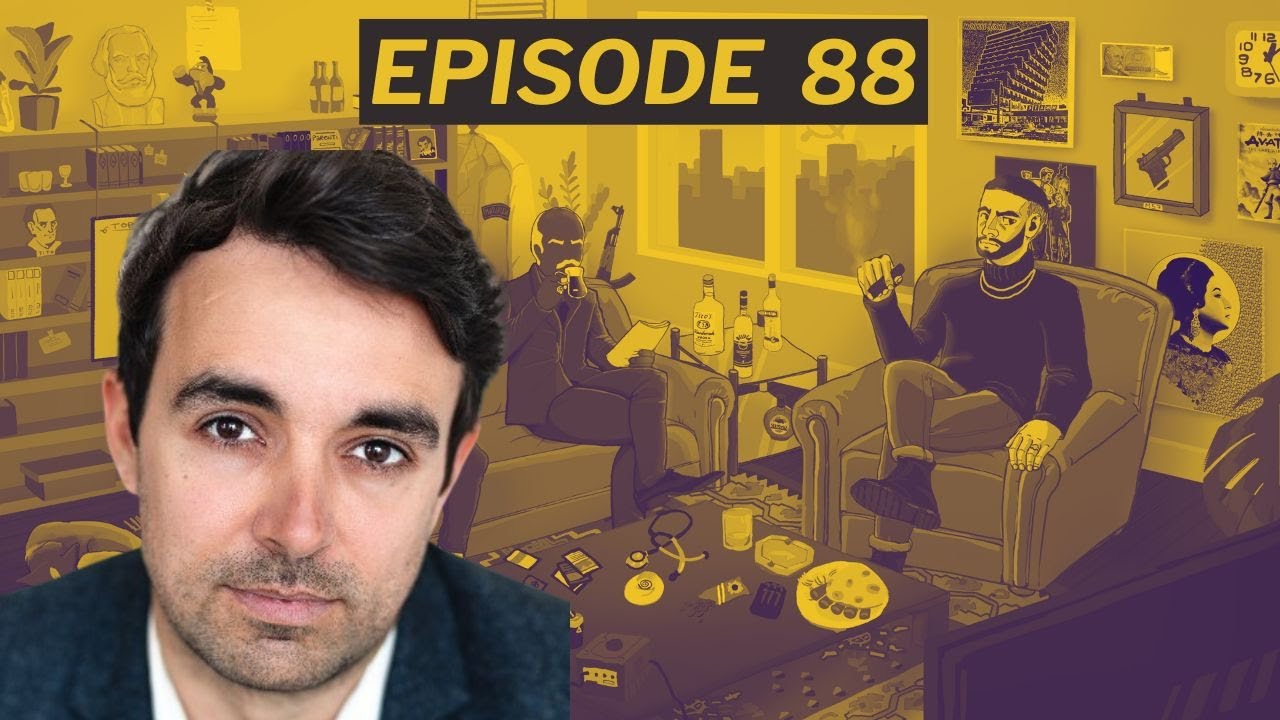



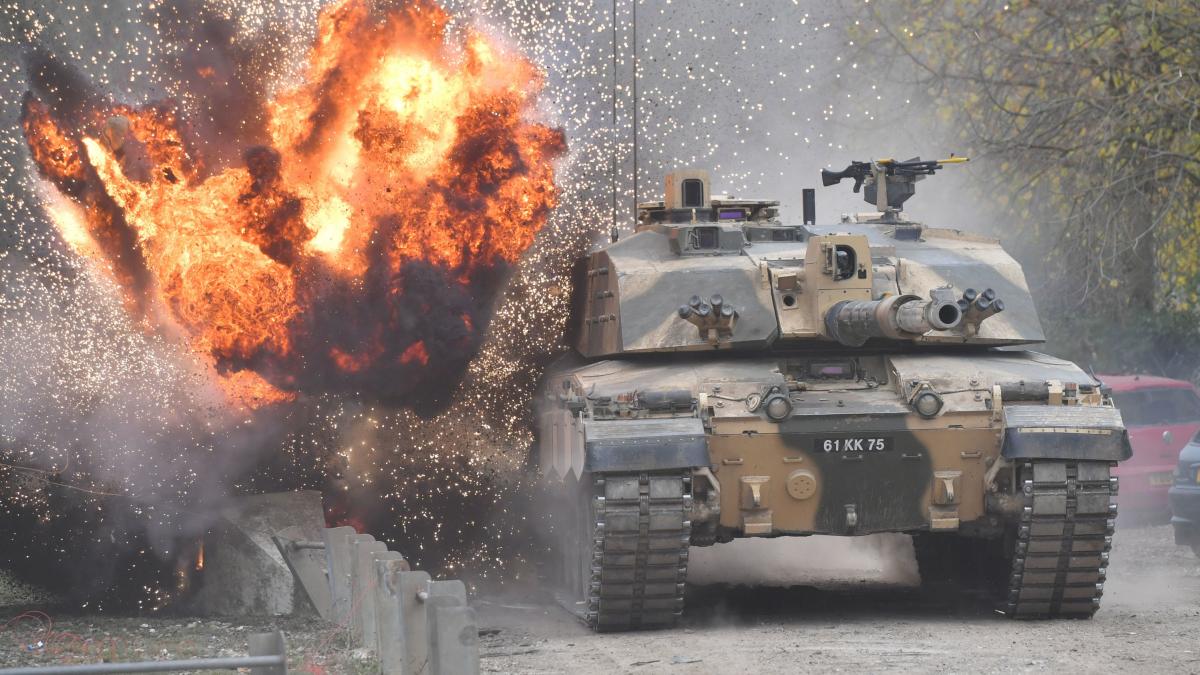
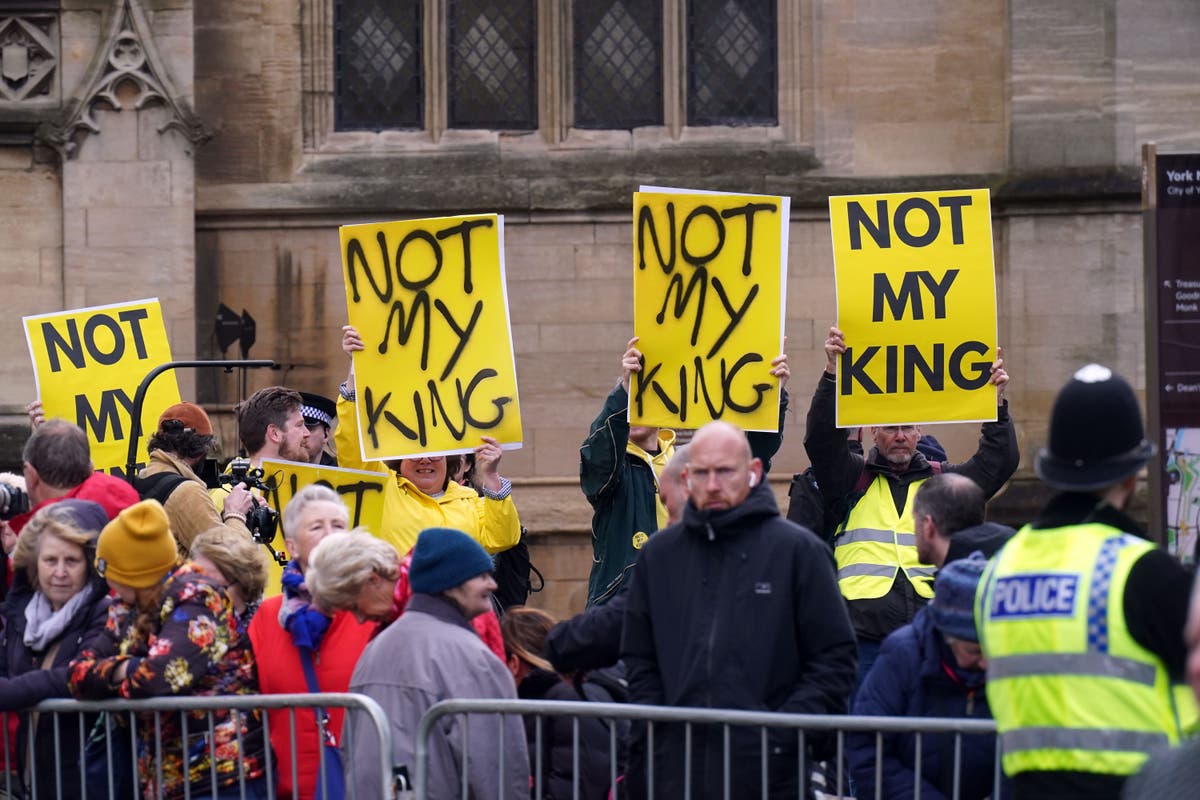
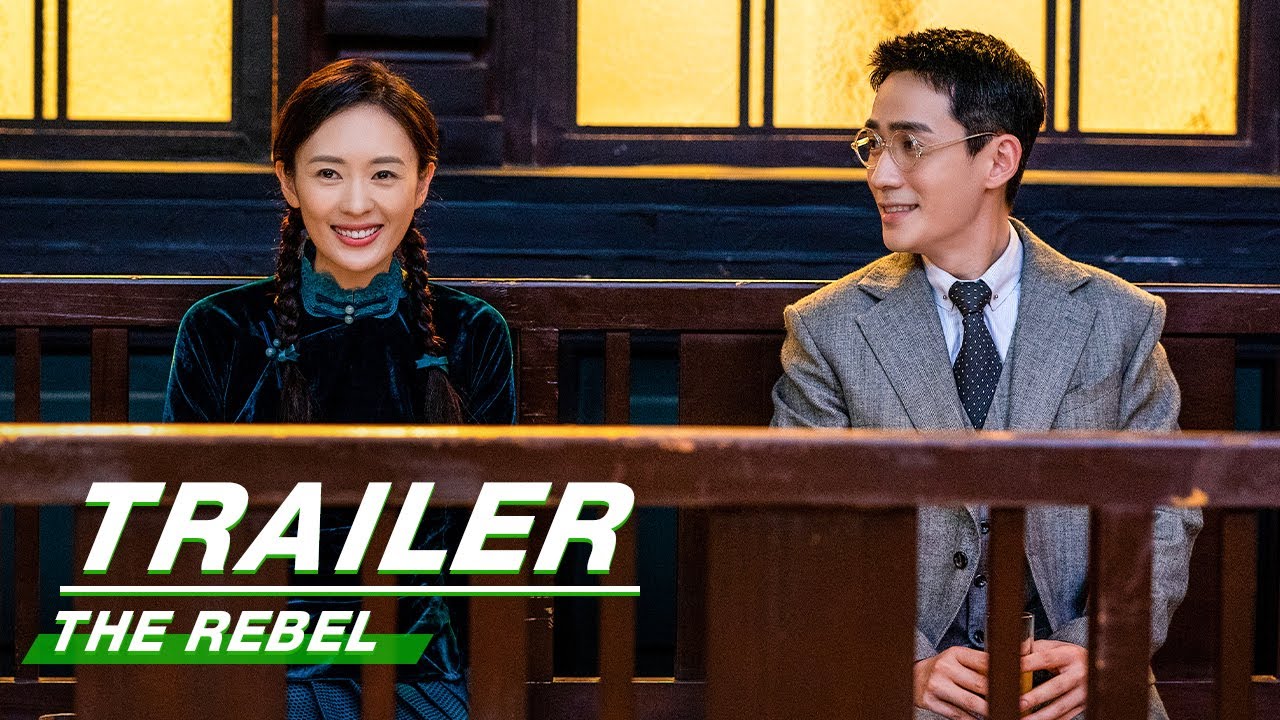
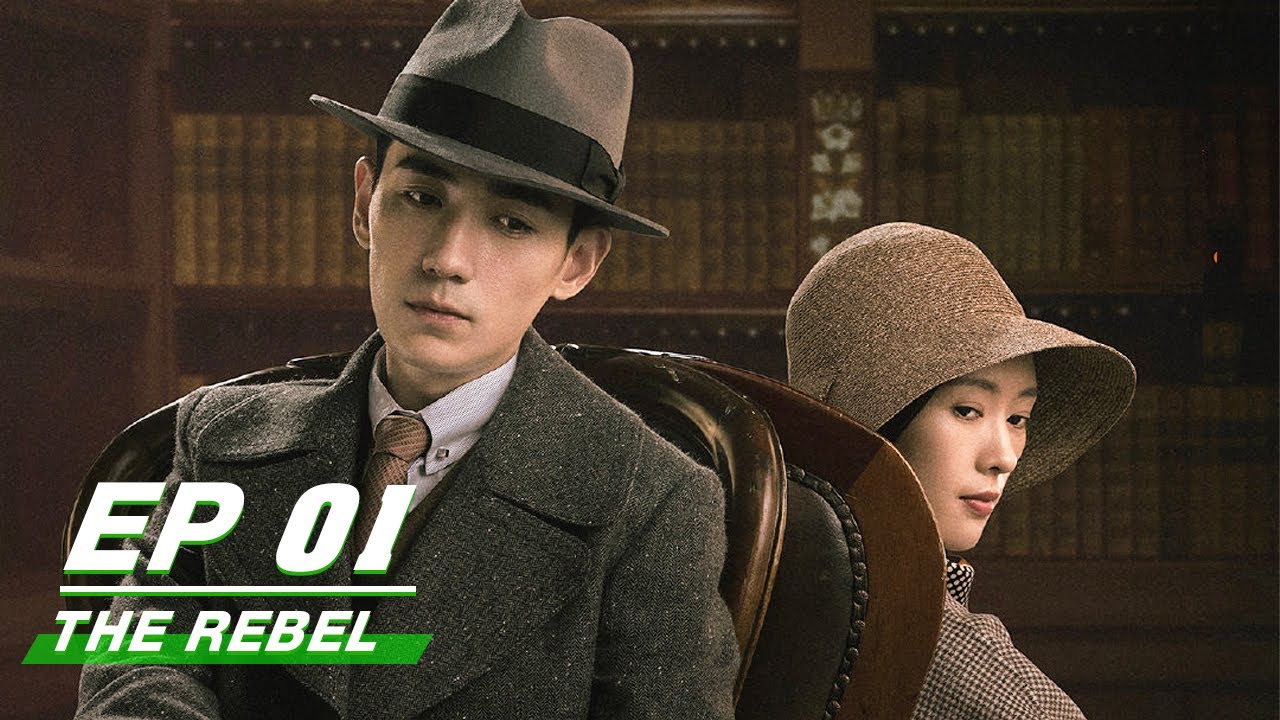
Lenin’s 1921 Pravda article “The Importance of Gold now and after the Complete Victory of the Revolution”